GOVT SETS UP EMERGENCY RESPONSE TEAM
입력 2020.08.18 (15:00)
수정 2020.08.18 (16:46)
읽어주기 기능은 크롬기반의
브라우저에서만 사용하실 수 있습니다.
[Anchor Lead]
With a spike in COVID-19 cases in Seoul and its neighboring Gyeonggi-do Province, the government set up an emergency response team yesterday to conduct more epidemiological investigations in the area. It will also increase the number of hospital beds to treat coronavirus patients. High-risk facilities in Seoul will be subject to stronger hygienic inspections for two weeks starting today.
[Pkg]
South Korea registered more than 690 new locally transmitted coronavirus infections over the past four days. About 620 cases were reported in Seoul, Gyeonggi-do Province and Incheon. Authorities believe COVID-19 is widespread and can be contracted anywhere in the capital and its neighboring areas. They warned that long-delayed tougher measures can be taken if the spread isn't brought under control this week.
[Soundbite] KIM GANG-LIP(CENTRAL DISASTER AND SAFETY COUNTERMEASURES HEADQUARTERS) : "We may take necessary measures including shutting down high-risk facilities and banning indoor meetings of 50 people or more as well as outdoor gatherings of over 100."
The government began operating a pan-government emergency response team in the capital area from August 17th. Since the demand for epidemiological investigations is expected to surge for the time being top priority will be placed on quickly tracing the routes of recent group infections. Investigations will be carried out on workplaces and religious establishments with a focus on the period between two days before and five days after the symptoms first appeared. Authorities will sternly deal with acts that obstruct such investigations. They are also securing more hospital beds in preparation for a potential spike in coronavirus infections. Currently, some 750 sick beds are available at designated infectious disease hospitals in the capital area. Health authorities plan to increase the total number of hospital beds from the current 1,400 to about 2,000. They will also secure around 330 critical care beds to treat coronavirus patients. A sick bed sharing system is now in operation among hospitals in the capital area.
[Soundbite] CHUNG SYE-KYUN(PRIME MINISTER) : "If COVID-19 infections continue to grow at the current pace, the capital region will likely face hospital bed shortage, as Daegu and Gyeongsangbuk-do Province did months ago. I ask the private medical sector for active cooperation."
While doing its own part, the Seoul city government will conduct intensive inspections on high-risk venues and public facilities for two weeks to ensure they comply with strengthened hygiene and quarantine rules.
With a spike in COVID-19 cases in Seoul and its neighboring Gyeonggi-do Province, the government set up an emergency response team yesterday to conduct more epidemiological investigations in the area. It will also increase the number of hospital beds to treat coronavirus patients. High-risk facilities in Seoul will be subject to stronger hygienic inspections for two weeks starting today.
[Pkg]
South Korea registered more than 690 new locally transmitted coronavirus infections over the past four days. About 620 cases were reported in Seoul, Gyeonggi-do Province and Incheon. Authorities believe COVID-19 is widespread and can be contracted anywhere in the capital and its neighboring areas. They warned that long-delayed tougher measures can be taken if the spread isn't brought under control this week.
[Soundbite] KIM GANG-LIP(CENTRAL DISASTER AND SAFETY COUNTERMEASURES HEADQUARTERS) : "We may take necessary measures including shutting down high-risk facilities and banning indoor meetings of 50 people or more as well as outdoor gatherings of over 100."
The government began operating a pan-government emergency response team in the capital area from August 17th. Since the demand for epidemiological investigations is expected to surge for the time being top priority will be placed on quickly tracing the routes of recent group infections. Investigations will be carried out on workplaces and religious establishments with a focus on the period between two days before and five days after the symptoms first appeared. Authorities will sternly deal with acts that obstruct such investigations. They are also securing more hospital beds in preparation for a potential spike in coronavirus infections. Currently, some 750 sick beds are available at designated infectious disease hospitals in the capital area. Health authorities plan to increase the total number of hospital beds from the current 1,400 to about 2,000. They will also secure around 330 critical care beds to treat coronavirus patients. A sick bed sharing system is now in operation among hospitals in the capital area.
[Soundbite] CHUNG SYE-KYUN(PRIME MINISTER) : "If COVID-19 infections continue to grow at the current pace, the capital region will likely face hospital bed shortage, as Daegu and Gyeongsangbuk-do Province did months ago. I ask the private medical sector for active cooperation."
While doing its own part, the Seoul city government will conduct intensive inspections on high-risk venues and public facilities for two weeks to ensure they comply with strengthened hygiene and quarantine rules.
■ 제보하기
▷ 카카오톡 : 'KBS제보' 검색, 채널 추가
▷ 전화 : 02-781-1234, 4444
▷ 이메일 : kbs1234@kbs.co.kr
▷ 유튜브, 네이버, 카카오에서도 KBS뉴스를 구독해주세요!
- GOVT SETS UP EMERGENCY RESPONSE TEAM
-
- 입력 2020-08-18 15:12:32
- 수정2020-08-18 16:46:45
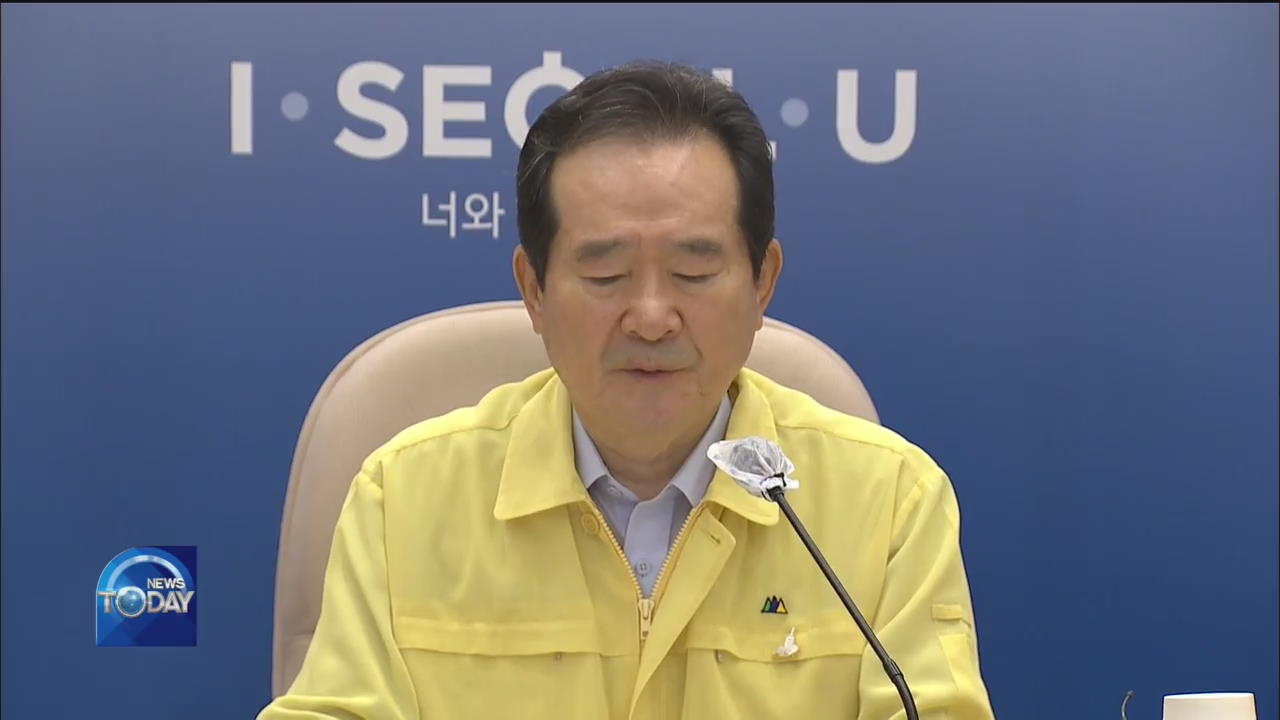
[Anchor Lead]
With a spike in COVID-19 cases in Seoul and its neighboring Gyeonggi-do Province, the government set up an emergency response team yesterday to conduct more epidemiological investigations in the area. It will also increase the number of hospital beds to treat coronavirus patients. High-risk facilities in Seoul will be subject to stronger hygienic inspections for two weeks starting today.
[Pkg]
South Korea registered more than 690 new locally transmitted coronavirus infections over the past four days. About 620 cases were reported in Seoul, Gyeonggi-do Province and Incheon. Authorities believe COVID-19 is widespread and can be contracted anywhere in the capital and its neighboring areas. They warned that long-delayed tougher measures can be taken if the spread isn't brought under control this week.
[Soundbite] KIM GANG-LIP(CENTRAL DISASTER AND SAFETY COUNTERMEASURES HEADQUARTERS) : "We may take necessary measures including shutting down high-risk facilities and banning indoor meetings of 50 people or more as well as outdoor gatherings of over 100."
The government began operating a pan-government emergency response team in the capital area from August 17th. Since the demand for epidemiological investigations is expected to surge for the time being top priority will be placed on quickly tracing the routes of recent group infections. Investigations will be carried out on workplaces and religious establishments with a focus on the period between two days before and five days after the symptoms first appeared. Authorities will sternly deal with acts that obstruct such investigations. They are also securing more hospital beds in preparation for a potential spike in coronavirus infections. Currently, some 750 sick beds are available at designated infectious disease hospitals in the capital area. Health authorities plan to increase the total number of hospital beds from the current 1,400 to about 2,000. They will also secure around 330 critical care beds to treat coronavirus patients. A sick bed sharing system is now in operation among hospitals in the capital area.
[Soundbite] CHUNG SYE-KYUN(PRIME MINISTER) : "If COVID-19 infections continue to grow at the current pace, the capital region will likely face hospital bed shortage, as Daegu and Gyeongsangbuk-do Province did months ago. I ask the private medical sector for active cooperation."
While doing its own part, the Seoul city government will conduct intensive inspections on high-risk venues and public facilities for two weeks to ensure they comply with strengthened hygiene and quarantine rules.
With a spike in COVID-19 cases in Seoul and its neighboring Gyeonggi-do Province, the government set up an emergency response team yesterday to conduct more epidemiological investigations in the area. It will also increase the number of hospital beds to treat coronavirus patients. High-risk facilities in Seoul will be subject to stronger hygienic inspections for two weeks starting today.
[Pkg]
South Korea registered more than 690 new locally transmitted coronavirus infections over the past four days. About 620 cases were reported in Seoul, Gyeonggi-do Province and Incheon. Authorities believe COVID-19 is widespread and can be contracted anywhere in the capital and its neighboring areas. They warned that long-delayed tougher measures can be taken if the spread isn't brought under control this week.
[Soundbite] KIM GANG-LIP(CENTRAL DISASTER AND SAFETY COUNTERMEASURES HEADQUARTERS) : "We may take necessary measures including shutting down high-risk facilities and banning indoor meetings of 50 people or more as well as outdoor gatherings of over 100."
The government began operating a pan-government emergency response team in the capital area from August 17th. Since the demand for epidemiological investigations is expected to surge for the time being top priority will be placed on quickly tracing the routes of recent group infections. Investigations will be carried out on workplaces and religious establishments with a focus on the period between two days before and five days after the symptoms first appeared. Authorities will sternly deal with acts that obstruct such investigations. They are also securing more hospital beds in preparation for a potential spike in coronavirus infections. Currently, some 750 sick beds are available at designated infectious disease hospitals in the capital area. Health authorities plan to increase the total number of hospital beds from the current 1,400 to about 2,000. They will also secure around 330 critical care beds to treat coronavirus patients. A sick bed sharing system is now in operation among hospitals in the capital area.
[Soundbite] CHUNG SYE-KYUN(PRIME MINISTER) : "If COVID-19 infections continue to grow at the current pace, the capital region will likely face hospital bed shortage, as Daegu and Gyeongsangbuk-do Province did months ago. I ask the private medical sector for active cooperation."
While doing its own part, the Seoul city government will conduct intensive inspections on high-risk venues and public facilities for two weeks to ensure they comply with strengthened hygiene and quarantine rules.
이 기사가 좋으셨다면
-
좋아요
0
-
응원해요
0
-
후속 원해요
0










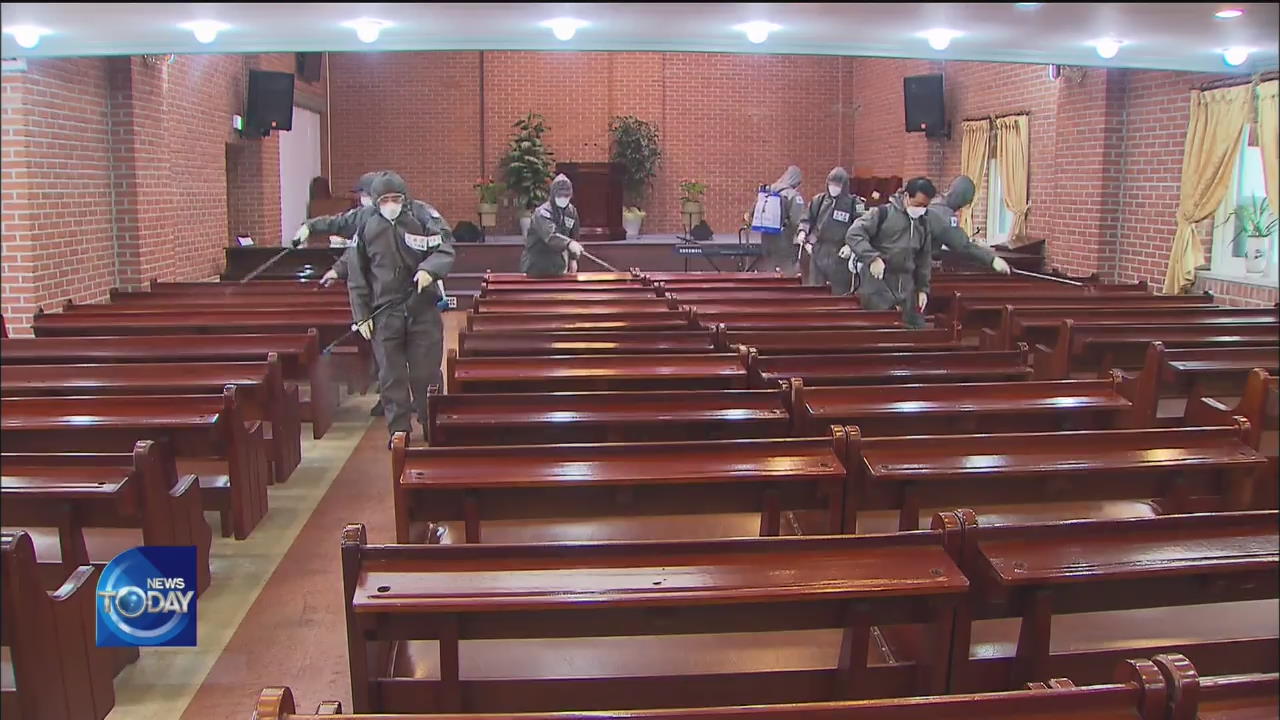
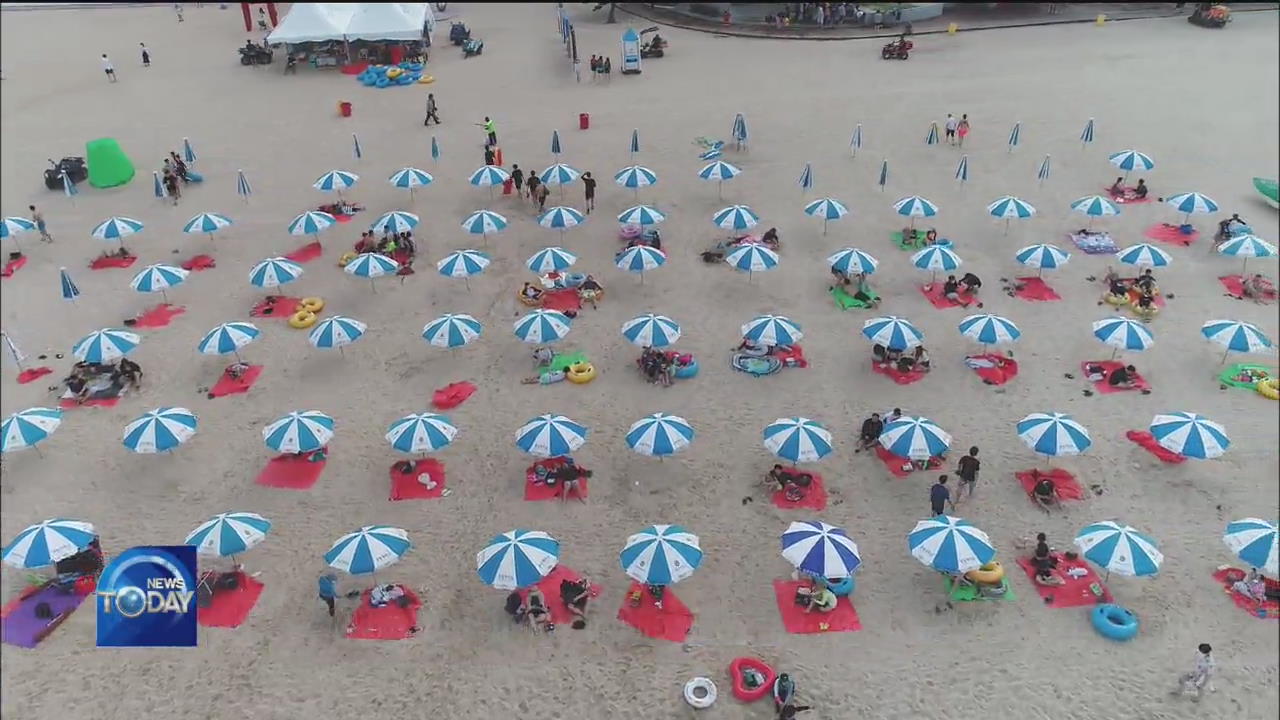
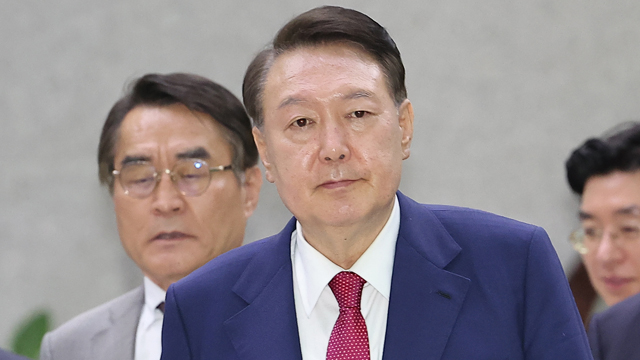
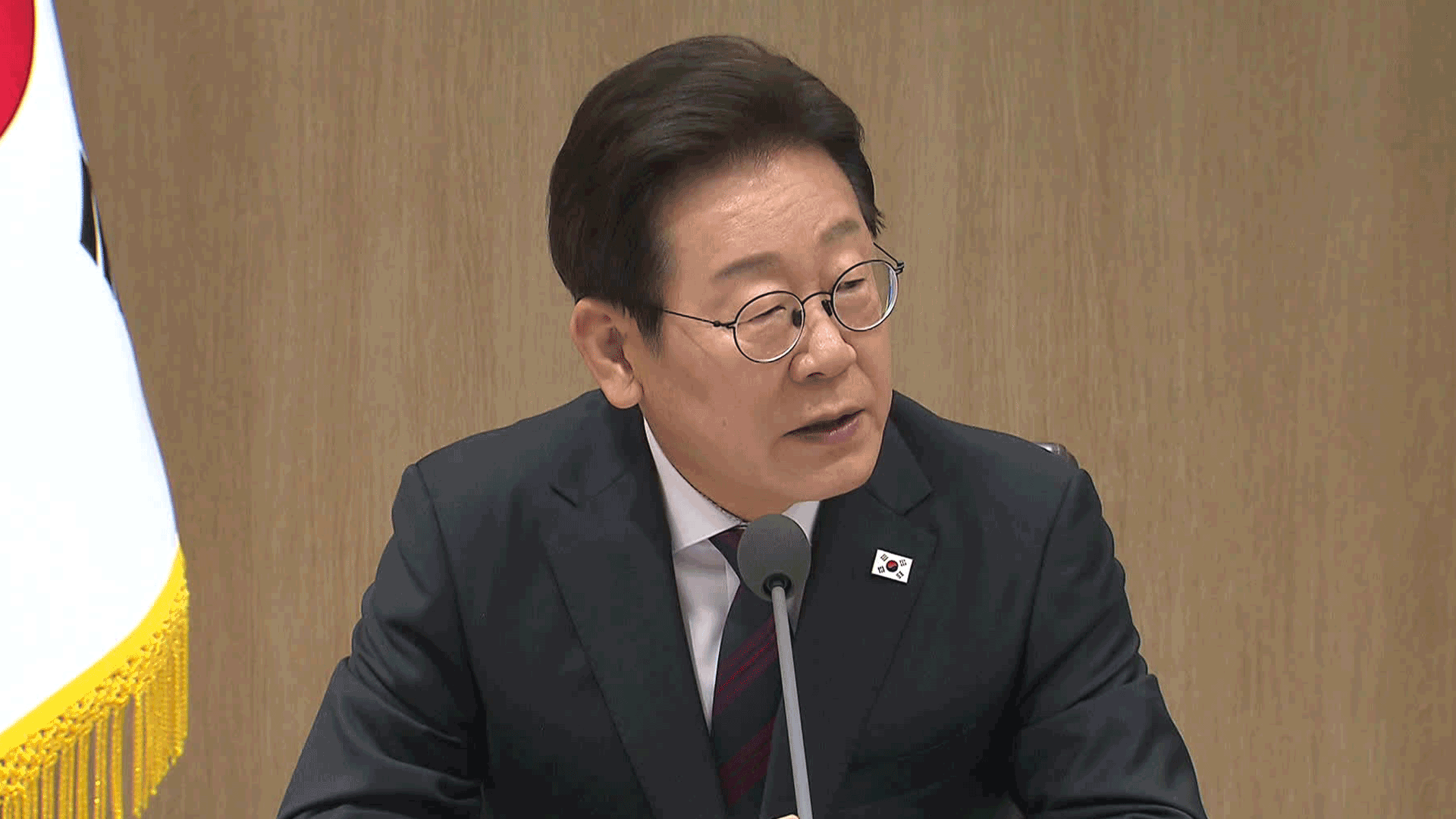
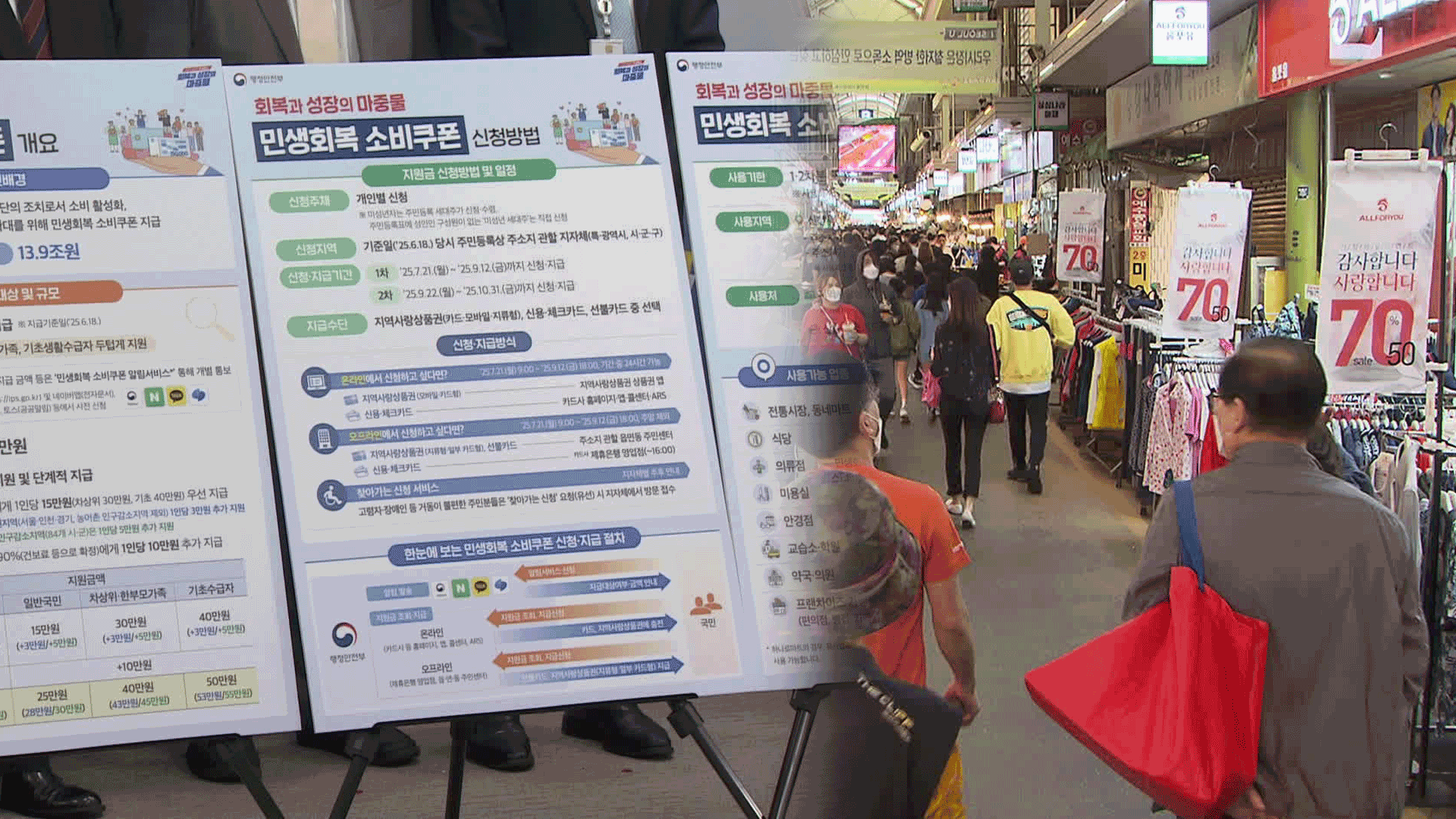
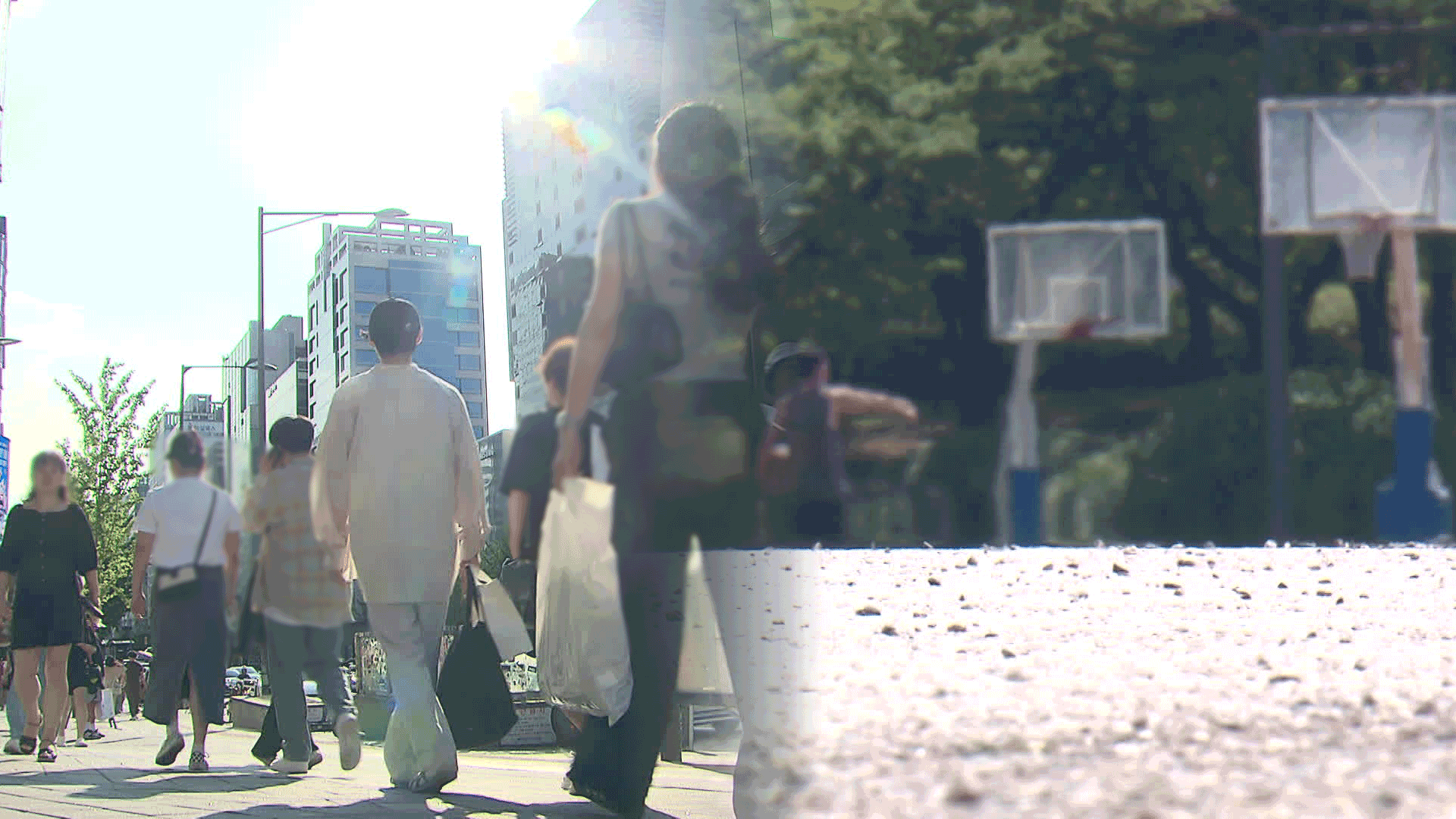

이 기사에 대한 의견을 남겨주세요.